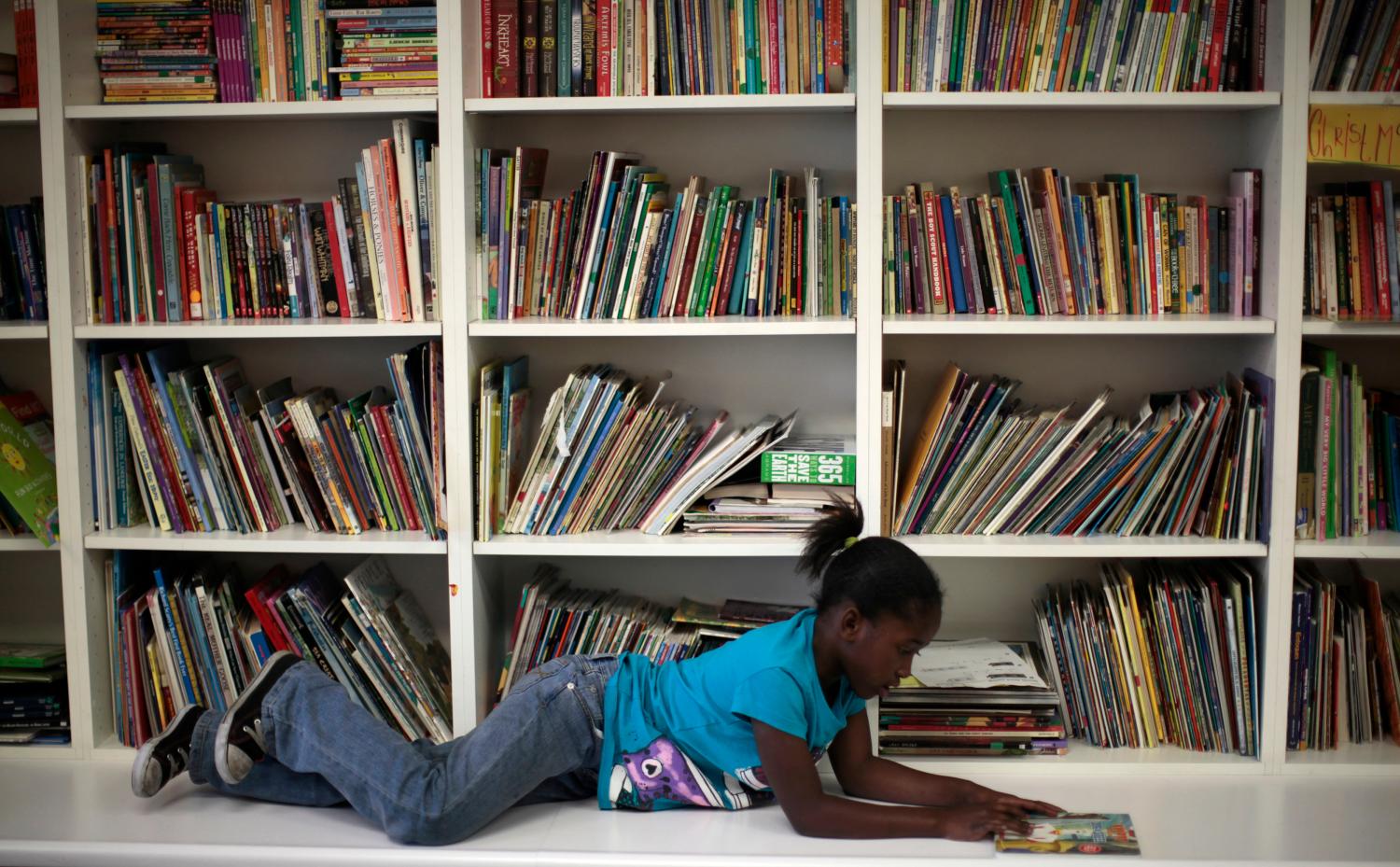As Congress wrestles with rewriting the federal Elementary and Secondary Education Act (currently better known as the No Child Left Behind law or NCLB), it is high time policymakers address a crucial aspect of K-12 school improvement that has long been given short shrift by legislators and educators–the social and emotional development of youngsters who chronically lag far behind academically. More than 30 years after the controversial A Nation at Risk report triggered successive waves of reform, America’s schools have unquestionably gained ground: achievement gaps along racial and ethnic lines have narrowed and high school graduation rates nationally are climbing. Yet progress in urban districts that largely serve low-income and minority students is still stalled.
The sobering statistics
- As recently as 2013, half of black fourth-graders and 47 percent Latino fourth-graders scored “Below Basic” in reading according to the National Assessment of Educational Progress, known as the “nation’s report card.” Minority youngsters, who will comprise a growing proportion of the U.S. labor force, suffer disproportionately from high suspension and grade retention rates, and they still drop out in droves.
- Students who struggle perpetually in school often lack the social and emotional skills needed to succeed academically. They act out, interact poorly with teachers and classmates, pay scattered attention in class, and skip school.
- Some educators view social and emotional development as peripheral. Others lack the time or energy to address it because of unrelenting pressure to improve test scores as mandated under NCLB.
On the bright side
- Research and real-world experience convincingly show that interventions aimed at developing youngsters’ social and emotional skills boost their achievement levels and curtail behavioral problems.
- Cost-benefit analyses demonstrate that these approaches produce significant benefits that appreciably exceed their cost.
- For the sake of our children and society, we must invent—and invest in—a new educational paradigm. We urgently need public schools that that are devoted explicitly to the academic and social development of struggling students. This dual mission should drive the structure, curriculum and staffing of these schools.
Wise federal, state and local policy should reflect the reality of America’s children who remain left far behind. The smartest way to jumpstart school improvement is, at long last, to give social and emotional development its due in education policy, appropriations and practice. Congress should bear these empirically-validated and academically compelling policies in mind as they reauthorize NCLB.
The Brookings Institution is committed to quality, independence, and impact.
We are supported by a diverse array of funders. In line with our values and policies, each Brookings publication represents the sole views of its author(s).



